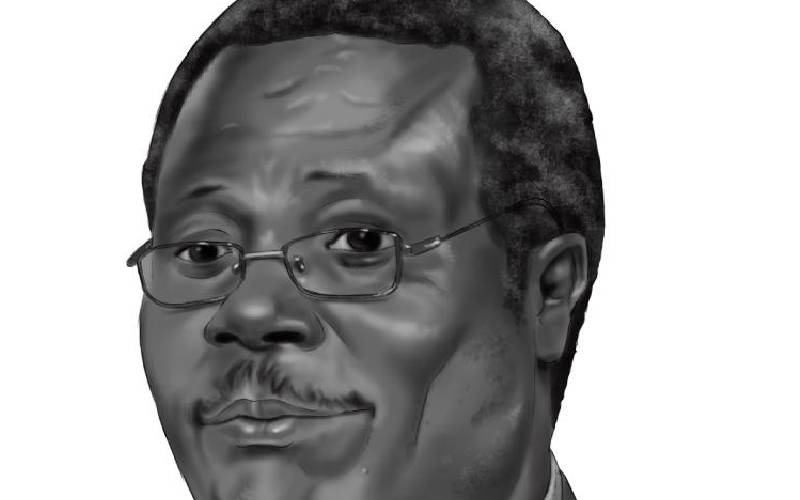×
The Standard e-Paper
Smart Minds Choose Us

Kenya is at the United Nations Security Council (UNSC) for the third time mainly to do two things; to safeguard African and Caribbean interests and to help shape ongoing global power realignment. In safeguarding those interests, Kenya advances and protects its own interests not just by being at the ‘table’ but by deliberately choosing to turn ideals into realities. It has to create realities of its choice by developing a ‘grand strategy’ that anticipates both the expected and the unexpected challenges to its ultimate aim.






